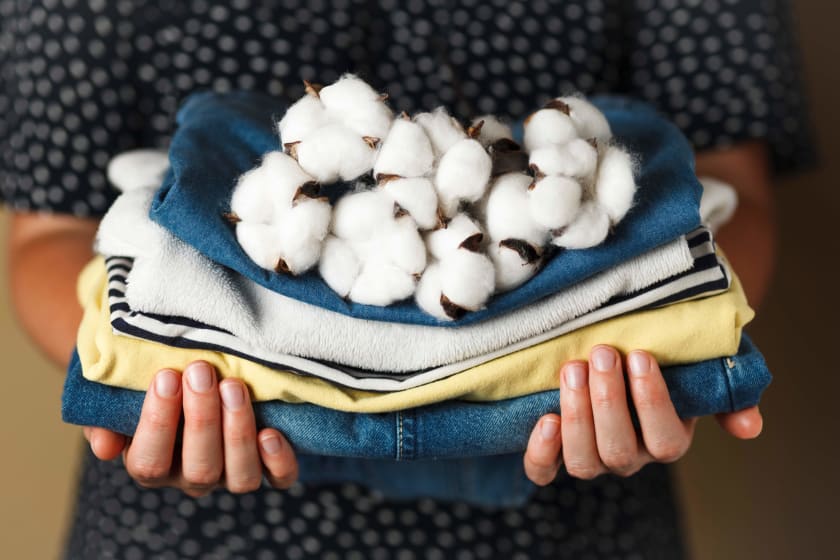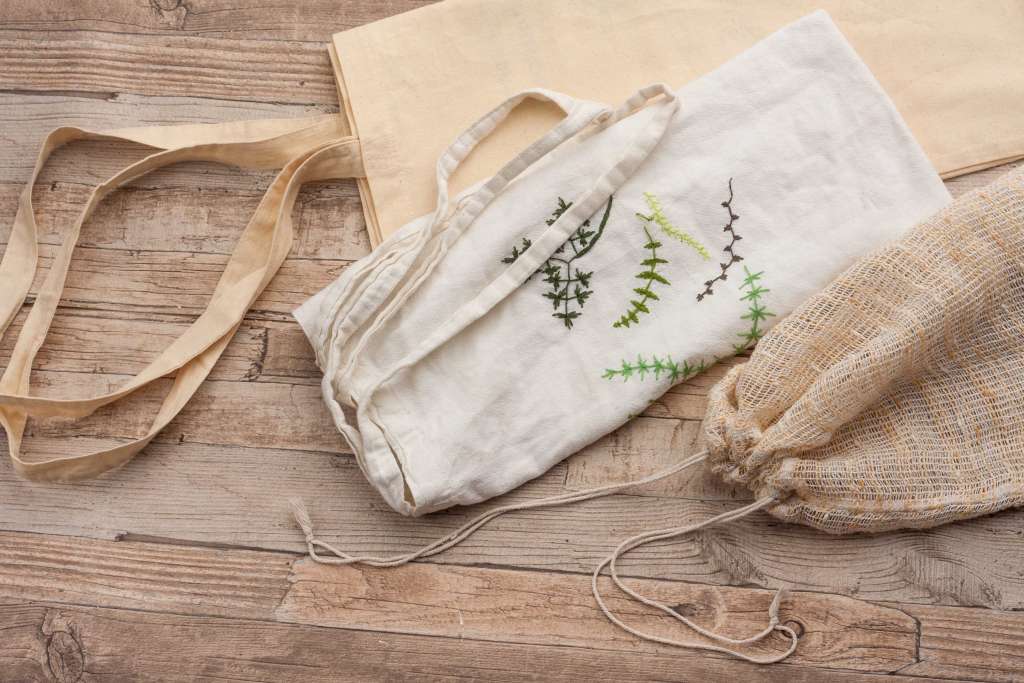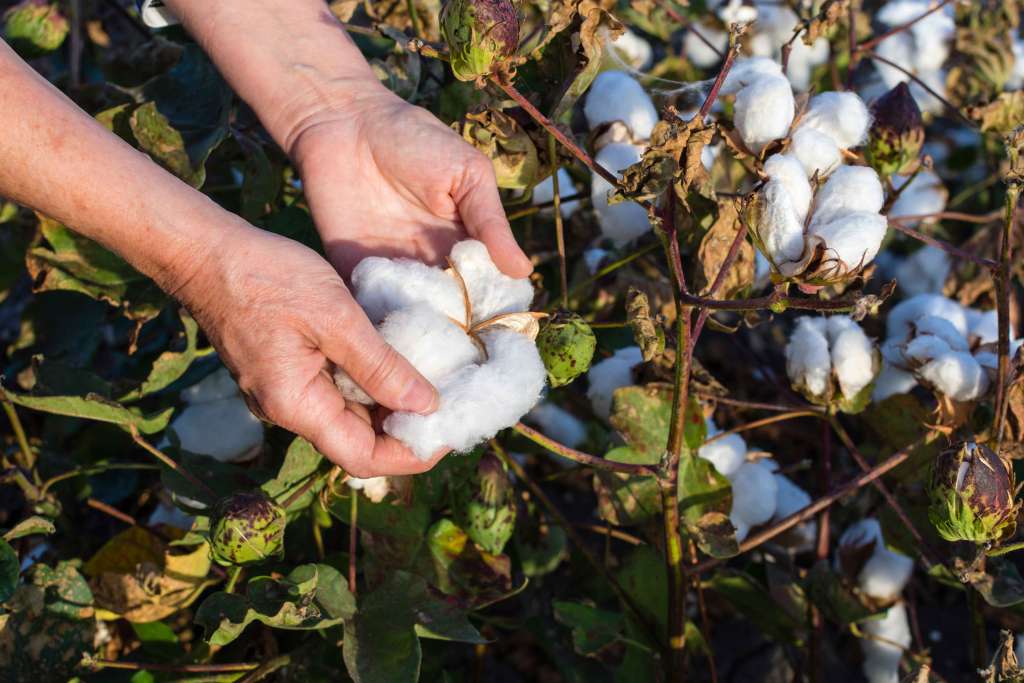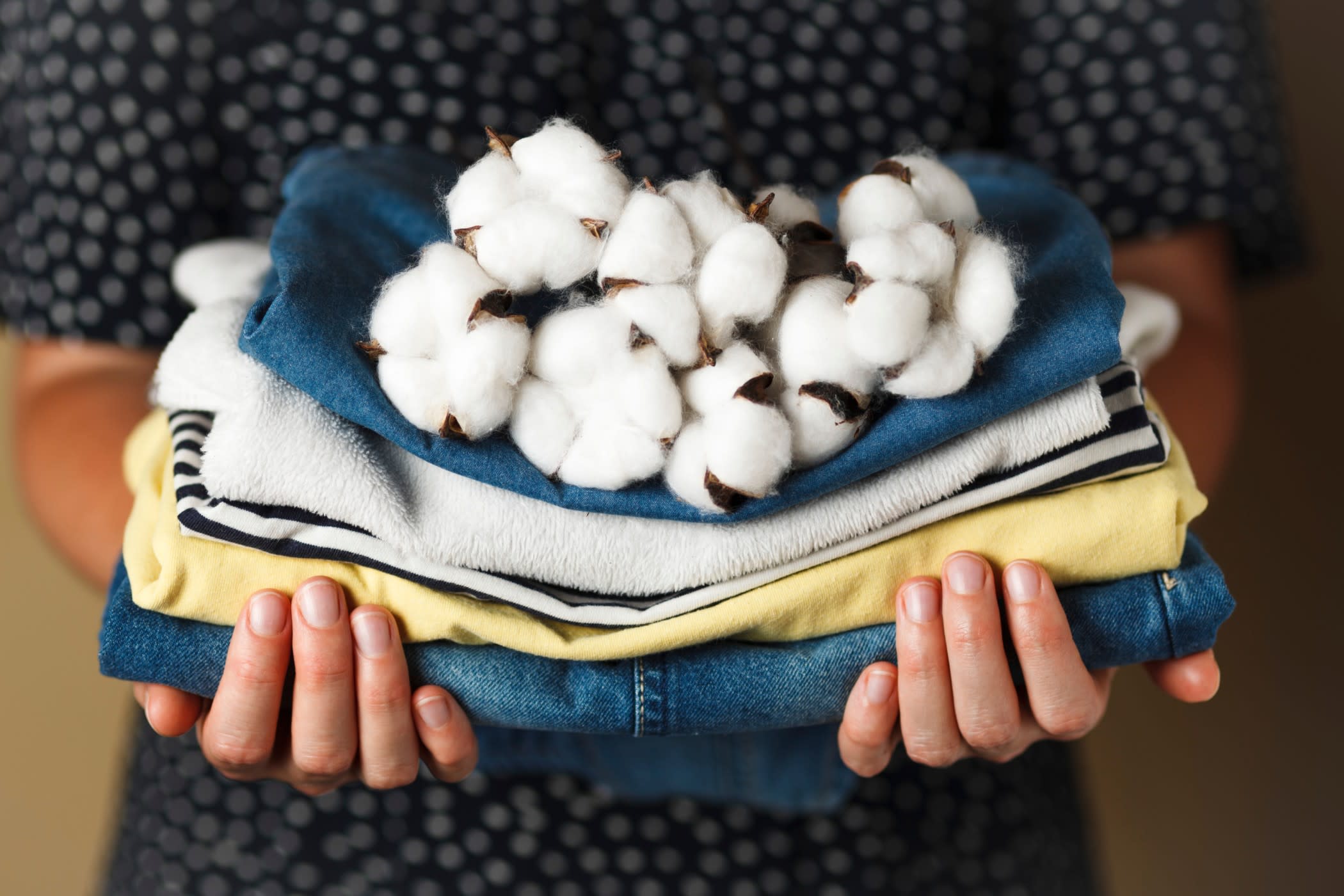10 Benefits Of Eco-friendly Cotton Clothing



Summary: The textile industry is one of the largest contributors to deforestation and carbon emissions. Every year, textile companies clear vast areas of forest to make way for crops and grazing land for livestock. However, several companies are working hard to change this trend by developing sustainable practices. It's time for consumers to start demanding more sustainable fashion!
Buy Less. Choose Well. Make It Last
With the emergence of multiple brands, fast fashion was at its peak. However, it caused never-ending global exploitation by increasing ecological imbalances and carbon footprints. Soon after, the fashion industry started changing gears to sustainable fashion.
Sustainable fashion is about producing clothing in a way that is environmentally friendly and ethically responsible. This means using materials that are sourced sustainably, using less water and energy in the production process, and ensuring that workers are paid fairly. Sustainable fashion is not only better for the environment, but it is also better for the people who make the clothes.
Eco-friendly cotton ensures sustainable practices from its production till it reaches the consumers. From using zero pesticides to recycling eco-friendly cotton clothes, sustainable fashion is taking charge.
But what are the benefits of buying eco-friendly cotton? Keep reading to find out.
Benefits of Eco-friendly Cotton
Clothing made from eco-friendly cotton has various benefits. It helps reduce the amount of energy, water, and other resources used in the production process. Additionally, cotton is a renewable resource - meaning that it can be harvested multiple times without affecting the environment.
Keep scrolling to learn more.

1. Better Quality
Eco-friendly cotton clothing is breathable and moisture-wicking. It keeps the skin dry and comfortable in any weather.
2. Reduced Toxic Pesticides into the Environment
Another benefit is that cotton does not require pesticides or herbicides to grow or be harvested from the field; instead, it relies on natural predators such as insects and birds who help keep pests away from their crops. This means less work for farmers who have fewer pests to deal with!
3. Skin-friendly
Organic cotton is not only an environmental-friendly fabric but also skin-friendly. People with specific skin sensitivities or allergies are hypervigilant about the fabric they choose. Eco-friendly cotton is a great way to stay away from skin issues.
4. Biodegradable
Although naturally, cotton is biodegradable, the chemical dyes and other genetically modified items used in the production make it harsh on the environment. On the contrary, eco-friendly cotton leaves no harmful residues behind and degrades much faster.

5. Simple Maintenance
Cotton is easy to care for—it doesn't require harsh chemicals and can be washed at high temperatures in the washing machine without losing shape or elasticity if you choose not to hand wash.
6. No Water Wastage
It takes 2,700 liters of water to make a standard cotton shirt, which is more water than required to produce one pair of jeans. Production of conventional cotton requires a lot of water. Besides water usage, toxic pesticides affect lakes, rivers, and other waterways. H&M has launched a new line of clothing made from organic cotton that uses less water than conventional cotton while still being comfortable enough to wear all day long.
7. Lasts Longer in the Wardrobe
Cotton is one of the most widely used fabrics in the world. It is also one of the most sustainable materials, meaning consumers can recycle it repeatedly without losing its integrity or color.
8. Increases Crop Diversity
Eco-friendly cotton helps the earth by aerating the soil and adding important nutrients back into the ground. Cotton grown through permaculture farming can also enrich the growth of other crops. This, in turn, helps the plants growing in the area to be healthier and more robust.
9. Promotes Fair Practices Among Workers
Farmers, when cultivating environmentally friendly cotton, need not use resources to modify the cotton genetically. Unlike conventional cotton, eco-friendly cotton doesn't require pesticides or insecticides. Moreover, farmers can produce more using crop-diversity methods, which can help them gain a healthy livelihood.

10. Support Localites
Since cotton doesn't require any special processing, it's an affordable option for consumers who want to support local economies by buying local products that are made from sustainable materials such as cotton!
Why Is it Regarded as the Most Sustainable?
Though cotton is often grown with harmful chemicals, there are now more sustainable options for eco-friendly cotton. This type of cotton is grown without the use of pesticides, herbicides, or other harmful chemicals. In addition, eco-friendly cotton is often rain-fed, which means that it requires less water than traditional cotton. As the demand for sustainable fashion continues to grow, eco-friendly cotton will become increasingly popular.
Clothes That Matter
The benefits of eco-friendly cotton are not limited to quantity or money. It's the idea of its safety and sustainability from the production unit to top-levels of supply chains. It's natural and sustainable in the long run, making it the most favorable fabric to work within the fashion industry.
Eco-friendly cotton clothing makes fashion brands and consumers responsible. The apparel industry can only be sustainable once all the aspects of production are greenwashed and labeled. Fashinza is here to help you connect with reliable partners to assist you in your sustainability journey, from production to supply chain management.
Key Takeaways
- Cotton is a plant that can be grown on a large scale, which makes it ideal for commercial use.
- Cotton can be processed faster than other types of fabrics like wool or silk, which means you can get more done with less time spent on your next project!



















